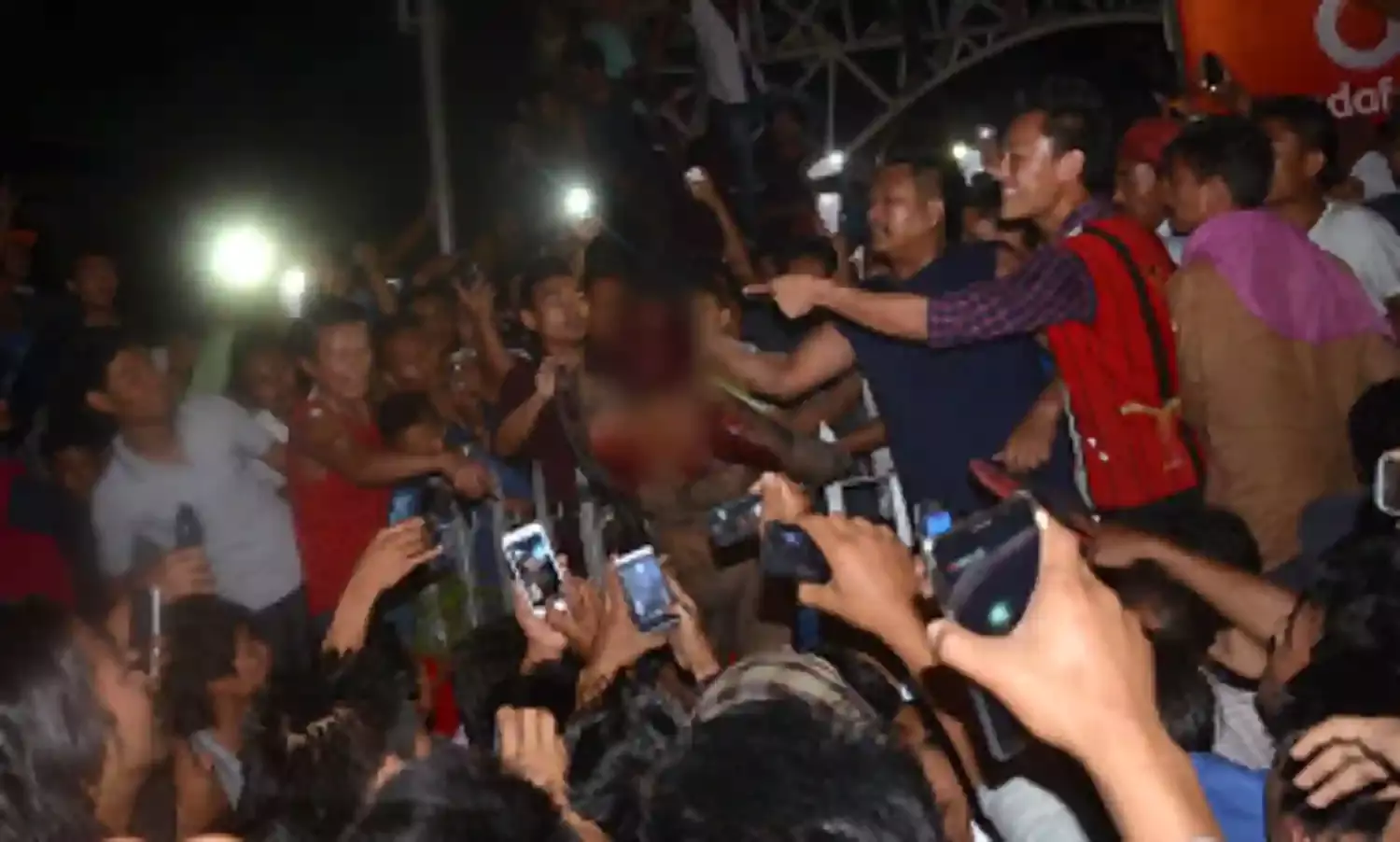Rapists Are Not Lauded, But Lynched in N-E
Highly questionable street justice

ITANAGAR: A spate of crimes against minor girls in recent weeks has awakened citizens across the country into voicing a collective call for action against perpetrators of such crimes. The horrific nature of what happened in Kathua in Jammu & Kashmir and Unnao in Uttar Pradesh has evoked the kind of response not seen since the Nirbhaya incident in 2012. The Northeast, perceived to be a relatively safer region for women compared to other parts of the country, too, has seen its share of violent crimes against minor girls and women.
In Arunachal Pradesh, a series of rapes of minor girls has led to lynching and public shaming of accused persons this year.
In February, a five-year-old girl had gone missing from her village in a remote part of the state. Five days later, police found her body; she had been raped and beheaded.
After the initial shock, people’s reaction turned angry as the accused were dragged out of the police station where they were being held, and publicly lynched to death. While the rape and murder drew condemnation from all quarters, the lynching drew mixed response from people. While many saw it as a step that can act as a deterrent against such crimes in future, some viewed it as a breakdown of law and order. In some sections of the media, reporting of the incident left much to be desired.
Apart from the crime- the rape and beheading of a five-year-old - some reports focused on the identity of the rapists (who had admitted to committing the crimes).
Sanjay Sobor and Jagdish Lohar were migrant tea estate workers who belonged to the Adivasi community from Assam. In some reports, the lynching was presented in a manner that made it appear as though the mob was not just taking the law into its hands by delivering its own brand of street justice for committing the crimes but that it had behaved in the manner it did because the accused happened to be migrant tribals from the neighbouring state of Assam.
That incident, however, did little to lower such crimes, and in fact, the state seemed to be experiencing a hike in such cases.
Just days after the incident, Yingkiong town, the district headquarter of Upper Siang in north-central Arunachal Pradesh came to a halt when hundreds of people took to the streets demanding suspension of the district superintendent of police and officer investigating the rape of a five-year-old girl by her teacher earlier.
The incident came to light when the victim, a kindergarten student narrated the ordeal to her parents on February 19, when she was brought back home after complaining of stomach pain to school authorities. The alleged rape happened on February 17.
Two days later, local residents surrounded the police station and began pelting stones at it, forcing the police to fire tear gas shells. Earlier, a group of people had vandalized the police station and set it on fire. The angry crowd also set ablaze a police vehicle in the middle of a government stadium.
The accused teacher is Holivi Sema, a resident of Nagaland and is currently in police custody.
At around the same time, another rape of a minor girl (an eight-year-old) was reported from Daporijo in Upper Subansiri district.
While the accused, a 23-year-old man identified as Annu Gapak, was arrested and is still in police custody, he was paraded naked around town earlier. The incident reportedly happened on February 14.
Just a fortnight later, a 12-year-old girl was allegedly raped in the same town, and while no lynching or public shaming took place, the accused was brought to the police station by the family of the accused.
Police today said that investigations into both cases are in the final stages and ready to go to trial. The accused in the first case, Gapak, has not admitted to the crime. A police source said that they are awaiting the forensic reports.
The spate of such incidents brought severe criticism for the BJP state government here and led to it introducing a new law that will punish rapists with the death penalty.
The Criminal Laws (Arunachal Pradesh) Amendment Bill was passed unanimously on March 16 by the state legislative assembly and seeks to award those found guilty of raping girls below the age of 12 years with the death penalty. The new law brought Arunachal Pradesh at par with Madhya Pradesh, Rajasthan, and Haryana- states that had introduced similar laws earlier.
However, the introduction of the new stringent law seems to have done little as just ten days later, four men accused of gang-rape were stripped and paraded across Yingkiong town.
Public shaming and the introduction of a new law appeared to have to acted as a deterrent.
These incidents, although reported in various media outlets, did not get the same amount of coverage or drew the kind of response that the latest incidents have. The affects and impact of these equally heinous crimes were confined to the state and did not even manage to create a social media ripple across the Northeast itself.



